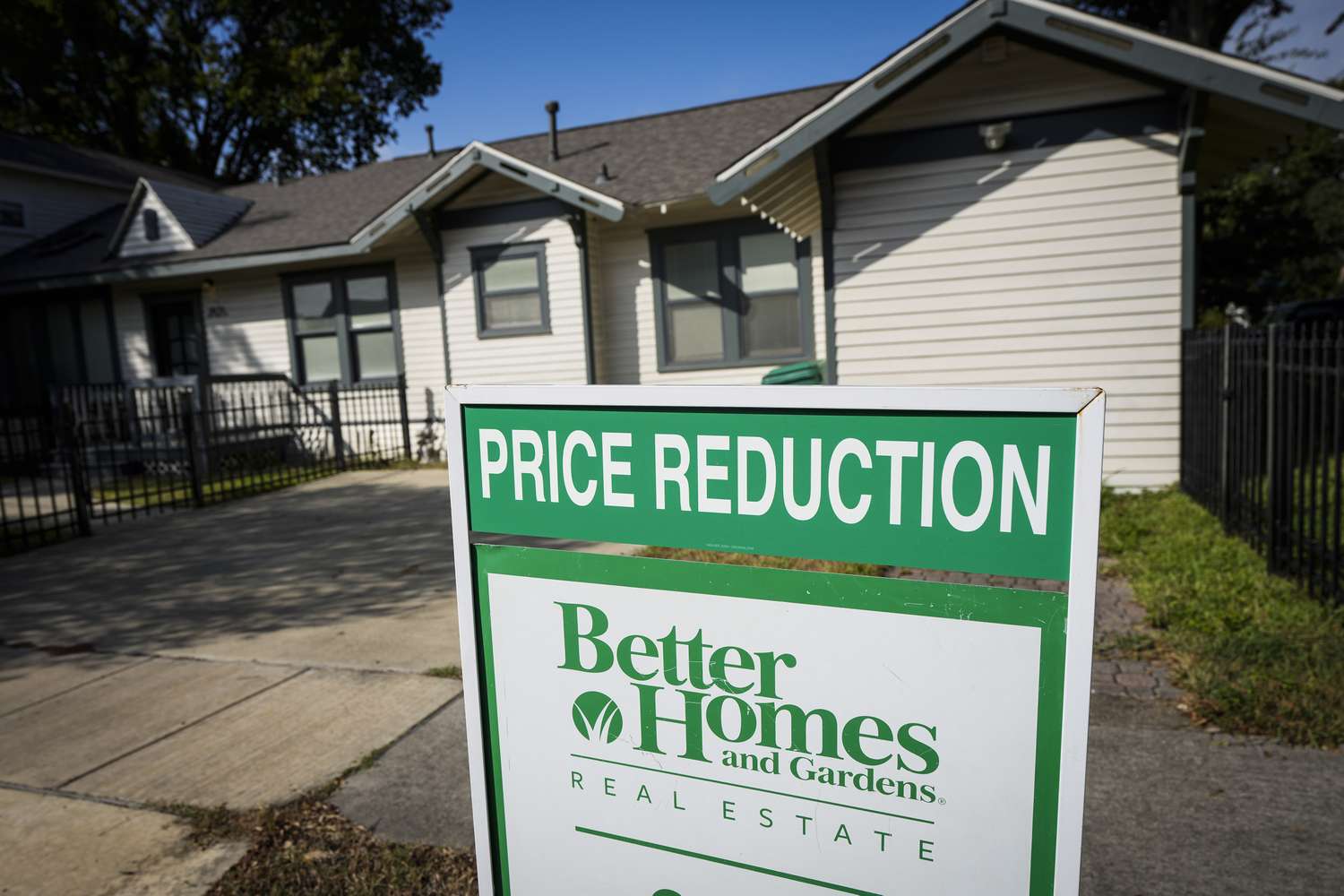I
t's a common scenario: a business owner sells their company, but retains the building. An entrepreneur has a liquidity event and starts exploring commercial real estate investment as a way to diversify. Or an operator retires from one business, only to find themselves drawn into the world of commercial real estate.
These individuals are not experts in real estate, despite having built wealth through other means. They're stepping into a capital-intensive, deadline-driven field that requires a deep understanding of nuances and complexities. So what's next?
In Chicago's commercial real estate market, this is a familiar story. Privately held and family-owned businesses have long been the backbone of the economy, and as these owners exit or evolve, real estate becomes a natural next move. However, it's a move with significant financial implications.
These first-time investors share many similarities with professional real estate firms and developers, but they often lack familiarity with the rhythms and structures of the industry. They may be buying a building to house a second-generation business, repurposing a site in a neighborhood they know well, or adding stable income to their retirement strategy.
What these individuals need most is guidance on deal structure, debt-to-equity mix, timelines, and risk signals. Many are used to moving fast in industries they know inside out, but real estate requires adjusting to different processes, new stakeholder groups, and a new sense of what "risk" means in a transaction.
The geography of investment is also shifting, with Illinois-based investors pursuing opportunities in other markets due to rising property taxes and local economic uncertainty. These investors bring their expertise to new markets, but often face challenges when seeking capital from local institutions.
For many business owners, stepping into real estate isn't about maximizing returns or building a portfolio; it's about applying the same instincts that made them successful in business: finding value, managing risk, and making bold decisions. With the right support and perspective, commercial real estate can become a profitable part of their next chapter.














